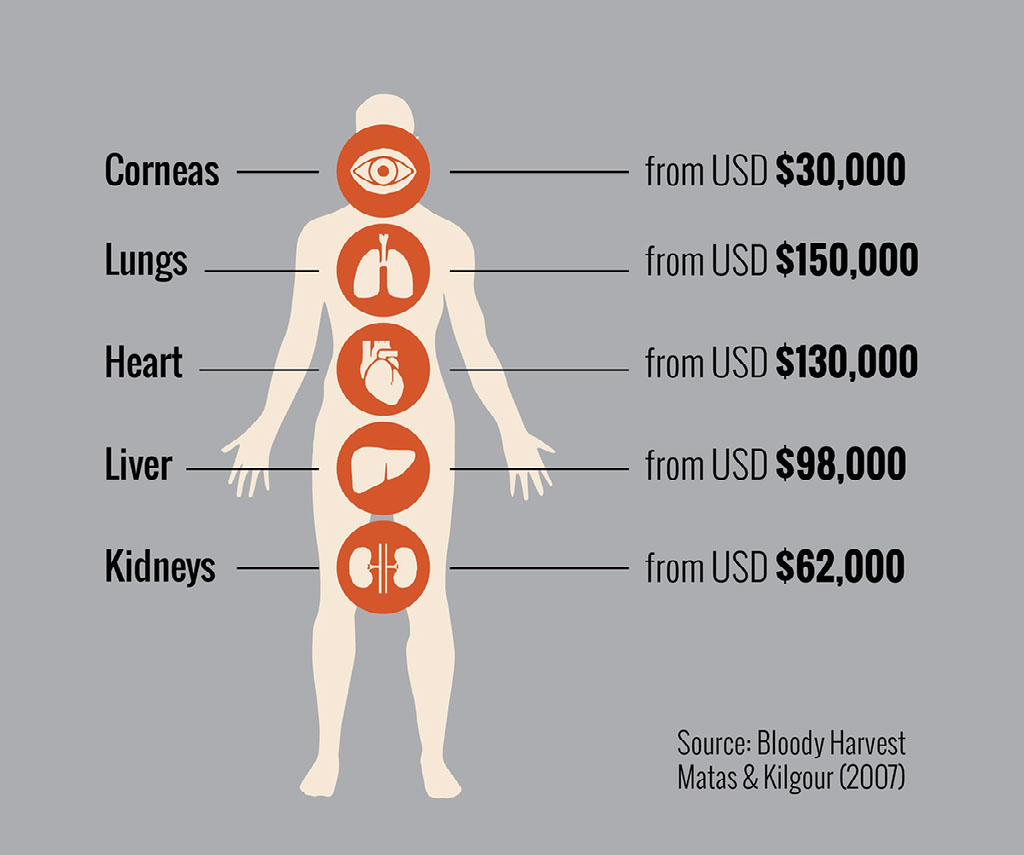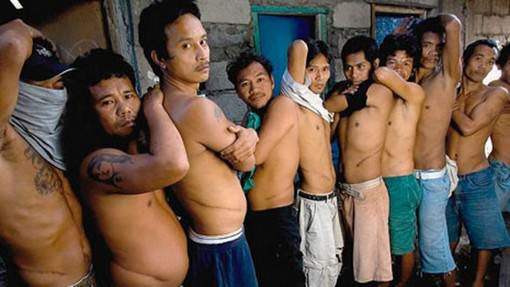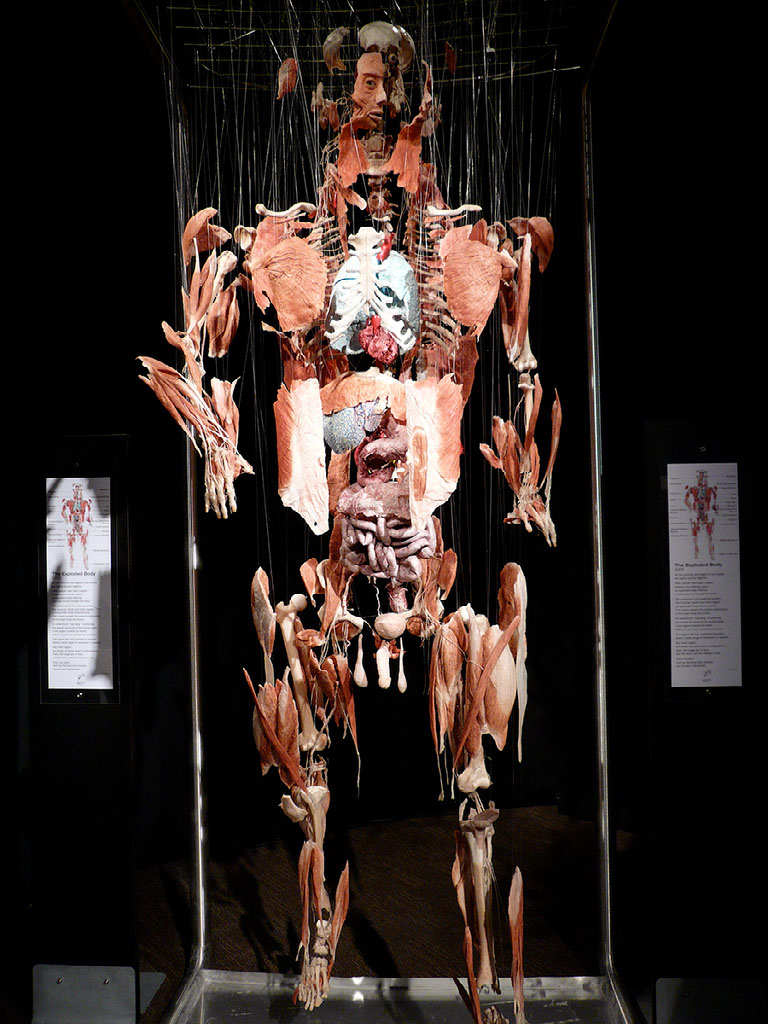Restocking the black market TrAfficking for the harvesting of TISSUES, cells, and organs
WHAT IS HUMAN TRAFFICKING?
Human trafficking is when people are taken by use of threat, force, or coercion for the purpose of exploitation and money.
WHAT IS THE TRAFFICKING OF HARVESTING TISSUES, CELLS, AND ORGANS?

This is a type of crime that involves the illegal selling of organs, tissues, and cells for transplantation.
HOW ARE VICTIMS OF ORGANS, TISSUES, AND CELLS TRAFFICKING RECRUITED ?
Traffickers can force or deceive the victims into giving up an organ. Victims agree to sell an organ, and they are cheated because they aren't paid the price that was promised. Vulnerable people are treated for a disease–which might not even exist–and then organs are removed without the victim knowing.

WHERE IN THE WORLD IS THIS FORM OF HUMAN TRAFFICKING OCCURING, AND WHAT LAWS DO THESE PLACES HAVE IN PLACE FOR IT?
Many different countries contain human trafficking. These countries include but are not limited to: Iran, China, Brazil, India, Kosovo, Mozambique, Israel, Palestine, Pakistan, Egypt, Moldova, Angola, Canada, Colombia, Costa Rica, Ecuador, Haiti, Macedonia, Mexico, Peru, Phillipines, Russia, South Africa, United Kingdom, and the United States. Laws they have for these countries are that the trafficker can be sentenced to more then 5-10 years of prison. They ban the sale of organs in many developed countries, including the United States.
WHAT EFFECT DOES TRAFFICKING HAVE ON VICTIMS?
Organ trafficking causes victims to have health problems due to a loss of vital organs. It also causes them to feel empty and deprived.

WHAT ARE SOME HUMAN RIGHTS THAT ARE VIOLATED WHEN A PERSON IS TRAFFICKED?
- the right to freedom from slavery
- the right to freedom from torture and degrading treatment
- the right to equality
- the right to own property
WHAT DOES THE CATHOLIC CHURCH SAY ABOUT HUMAN TRAFFICKING?

The Catholic Church has condemned human trafficking as an indignity, and it has established many social service programs to help its victims. The Church also says that this form of modern-day slavery is an "affront to fundamental values rooted in the very nature of the human person."
TELL A BRIEF VERSION OF ONE SURVIVOR'S STORY.
Aliaksei Yafimau was a victim of organ trafficking who faced violence and coercion at a global black market in organs. Before being organ trafficked, he was desperate to get out of poverty. When he saw an advertisement in 2010 giving easy money to those willing to sell a kidney, he was later held in a hotel room for a month in Quito, Ecuador, waiting for surgeons to cut out an organ. Whenever Yafimau beg to go home while being held captive, a former kick boxer, Roini Shimshilashvili, would threatened him with his moves and words. Soon, Yafimau's left kidney was removed in July 2010 and transplanted into an Israeli woman. When Yafimau was on the plane back to Belarus, on the western border of Russia, the boxer told him that he shouldn't talk to the police for the sake of his life. Even though the traffickers did paid Yafimau $10,000, he says that the money and the fear that still continues to haunt him didn't make it worth going through the process.
WHAT CAN WE DO TO HELP?
We need to increase and spread our awareness of organ trafficking and try to understand the situation as much as we can. We should pray for the victims who have suffered so much. We can also donate to anti-trafficking organizations such as the American Living Organ Donor Organization (ALODO), Stop Organ Trafficking Now! (SOTN), and Doctors Against Forced Organ Harvesting (DAFOH).
ADDITIONAL SOURCES